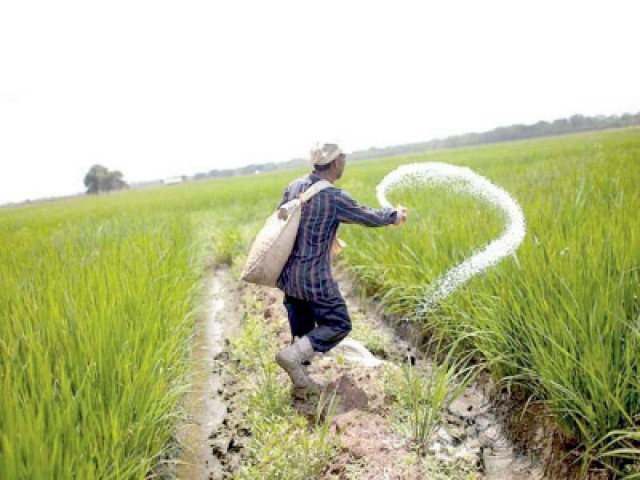Call to transform agri trade with innovation
SDPI report terms digital solutions crucial for food security

In a recent report launch, speakers emphasised the critical role of innovative indigenous solutions and the digital integration of agricultural data in unlocking the potential of regional agriculture trade.
This approach is seen as crucial for supporting progress towards food security and the second Sustainable Development Goal (SDG2). The report, titled “Potential of Innovation for Food Security and Regional Trade in Agriculture,” was unveiled by the Sustainable Development Policy Institute (SDPI) in collaboration with the Canada Fund for Local Initiatives (CFLI).
SDPI Joint Executive Director, Dr Vaqar Ahmed, addressed the audience and highlighted the impact of recurrent climate events, pandemics, and supply chain disruptions on food security in Pakistan and the broader region. He stressed that agricultural productivity and regional food security can be enhanced through technological innovations and the strengthening of regional agricultural trade.
Dr Ahmed pointed out that the 2022 floods had severely affected the ability of 73% of households in flood-affected areas to afford basic nutrition, impeding progress towards SDG2. The situation was even direr in Afghanistan, where 95% of the population struggled to meet their nutritional demands. The hackathon, organised by SDPI, provided a platform for start-ups to network, showcase their ideas, and contribute to advancing regional agriculture trade integration and food security.
Dr Haroon Sarwar, Economic Consultant at the Ministry of National Food Security & Research, commended SDPI’s initiative to host a Hackathon in 2023 focused on start-ups working in food security. He highlighted the positive signs of participation from start-ups in Balochistan and Afghanistan, indicating a promising outlook for food security. Dr Sarwar emphasised that addressing the challenges faced by agriculture in Pakistan and the region, particularly the poor access of smallholding farmers to finances, could significantly improve profitability and reduce food insecurity. He called for bridging the gap between small farmers and financial institutions.
Dr Sarwar also emphasised the untapped potential for agriculture trade between Pakistan and Afghanistan, acknowledging existing barriers and proposing collaborative efforts between SDPI and the Ministry of Food Security and Research to overcome these obstacles.
Dr Samreen Babar, Associate Professor at Bahria University, applauded the Hackathon organised by SDPI for providing a platform for students and start-ups to present their innovative ideas and connect with mentors. She stressed the importance of bridging the gap between academia, start-ups, mentors, and partners to foster innovative indigenous solutions.
Dr Babar proposed the development of a mobile application facilitating bilateral agriculture trade by connecting buyers and sellers, thereby boosting food security and supporting economic development.
Rija Tayyab, Corporate Affairs and Sustainability Manager at Roshan Packages emphasised the significant stake that the youth have in addressing the climate crisis. She highlighted the need to enhance the capacity of youth to propose indigenous solutions for climate-induced challenges.
Tayyab stressed the importance of developing mechanisms to scale up these solutions for effective implementation.
Published in The Express Tribune, February 5th, 2024.


















COMMENTS
Comments are moderated and generally will be posted if they are on-topic and not abusive.
For more information, please see our Comments FAQ